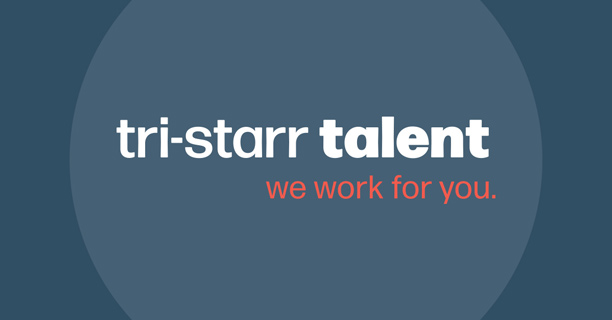3 Helpful Tips For Managing Your Remote Workforce
Over the last several months, the COVID-19 pandemic has changed virtually every aspect of the modern workplace.
One of the most radical changes has been the sudden transition to a distributed workforce model that millions of employers have been forced to undergo. This is a nationwide transition that has benefited the public health situation as a whole. Still, it has also posed some major challenges to employers who are no longer able to manage their teams beneath a single roof.
Luckily, there are various best practices available to employers who are struggling to manage their remote workforce during the COVID-19 pandemic.
Three Tips for Managing a Remote Workforce
To manage a remote team effectively, employers need to understand the intrinsic logistical challenges posed by a distributed workforce model. It’s also important to keep in mind that the pandemic has created some severe mental health challenges to employees and that employers have a responsibility to address those to the greatest possible degree.
With those ideas in mind, here are three tips that can help you to manage your remote workforce more effectively:
- Schedule daily check-ins with your team. Your remote employees need to regularly communicate with one another and with their team leader (i.e., you). This will provide everyone with the opportunity to voice concerns about obstacles that they’ve been encountering and brainstorm potential solutions. As a result, participating in daily check-ins will also make it easier for you to maintain a strong and supportive company culture while everyone’s working from home.
- Create opportunities for non-work related social interaction. Back when your team was working together in the office, everyone had ample opportunity to chat and get to know each other on a personal level. Those daily social encounters formed the bedrock of the feelings of camaraderie and interpersonal trust that have made your workforce so strong.
Now that your team is working remotely, it’s important to intentionally schedule some time each week (or each day) committed solely to engaging in friendly and relaxed conversation. An ideal time for this might be at the beginning of your daily check-ins when you can kick things off by saying something along the lines of: “Now before we dive into work stuff, what’s been new with everyone lately?”
It can also be fun and engaging to schedule a virtual happy hour for people to attend via Zoom or another video conferencing platform.
- Listen to your remote employees and address their concerns. The transition to remote work has been undoubtedly challenging for employers, but it’s been even harder on employees in many ways. The isolation and monotony of working from home every day – coupled with the uncertainty and fear of our present moment in history – make it much more likely that one or more of your remote employees will experience burnout. As employers, it’s our responsibility to communicate closely with our remote employees to ensure that each one of them has access to the resources and support that they will need to stay productive and healthy during their period of working remotely. You don’t need to be their therapist. Still, you should make it a practice to speak with them individually about any challenges they’ve been dealing with, and what you might be able to do to make their remote work experience more engaging and less stressful.
Learn More About Managing a Remote Workforce During COVID-19
Implementing daily group check-ins, creating time for relaxed conversation, and prioritizing your employees’ mental health are just three easy strategies that you can adopt to help you manage your remote workforce.
Contact Tri-Starr Group today to learn more about how employers can help their workforce thrive during (and after) the COVID-19 pandemic!
